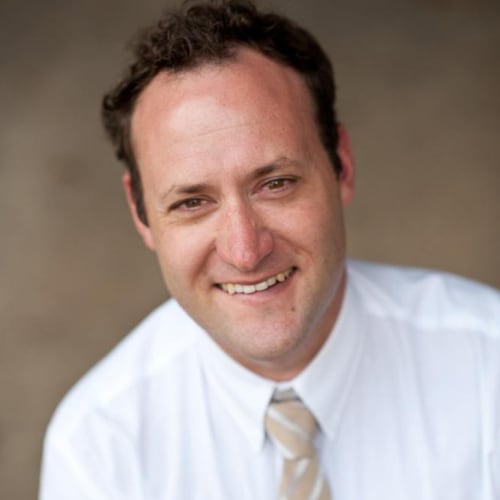BY LEE ROBINSON
As a primary school student, Michael Barrett remembers being an over-achiever who “never really needed to try”.
But when he got to high school, he began struggling academically and his once near-perfect scorecard started showing up with C and D grades.
Mr Barrett could not understand why he was having trouble submitting assignments on time, but eventually convinced himself he “was not meant for success” and resigned himself to his fate.
About 10 years later, at the age of 25, Mr Barrett decided to see a psychologist to address his anxiety, much of which had been underscored by his experience in high school and the effect it had had on his relationship with his family.
In his first appointment, the psychologist took just 45 minutes to inform Mr Barrett he presented with “textbook ADHD”.
A psychiatrist confirmed the diagnosis soon after.
"I hadn't realised there was a weight on my chest until it got lifted," Mr Barrett said.
Rising numbers of Australian adults are being diagnosed with ADHD, as the disorder becomes more widely recognised across the nation.
Cognitive neuroscientist and president of the Australian ADHD Professionals Association, Mark Bellgrove, said awareness of ADHD is continuing to grow in Australia.
“ADHD in Australia is increasingly coming to attention and people are increasingly realising that some of the difficulties they might have had throughout their lifetime can be attributed to ADHD,” he said.
Professor Bellgrove said a substantial number of the approximate 533,000 Australian adults affected by ADHD will experience a “reduced quality of life”.
“Many adults with ADHD live great and productive lives, but there's a sizeable portion who will struggle throughout their whole life,” he said.
”If you've gone through your whole life feeling like you haven't achieved or that you've underachieved… it can lead to a fairly negative evaluation of yourself.”

Prof. Bellgrove added, adults with ADHD are more likely to experience mental health issues like depression and anxiety, fail to reach occupational milestones they otherwise might have, and have trouble with alcohol and substance abuse.
While there is no cure for ADHD, treatment with medication and other measures can be “life-changing” for the individual, said Heidi Sumich, a clinical psychologist specialising in adults with ADHD.
“When treatment goes well…[patients] will often say things like ‘it's like the lights have gone on’ and ‘I can't believe that this is how everybody else's brain has been working all this time’,” she said.
“You're not going to make it go away - it's going to be with you lifelong, but you can get really good outcomes with treatment.”
Mr Barrett was prescribed medication and continues to see a psychologist monthly as part of a holistic approach to treating his ADHD.
“I realised what a clear mind is supposed to feel like for the first time,” he said.
After dropping out of university five years ago, Mr Barrett has begun studying secondary teaching at Curtin University in Perth and joined the campus ADHD support group.
He said his decision to see a therapist was “the best decision I've ever made”.
“This is the closest I've ever come to feeling like I am doing what I was supposed to do,” he said.